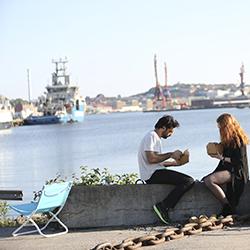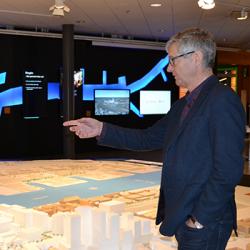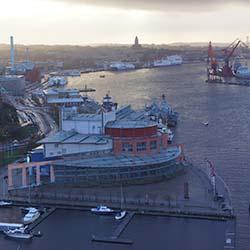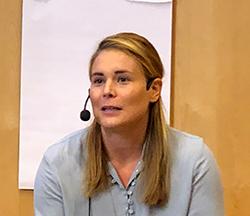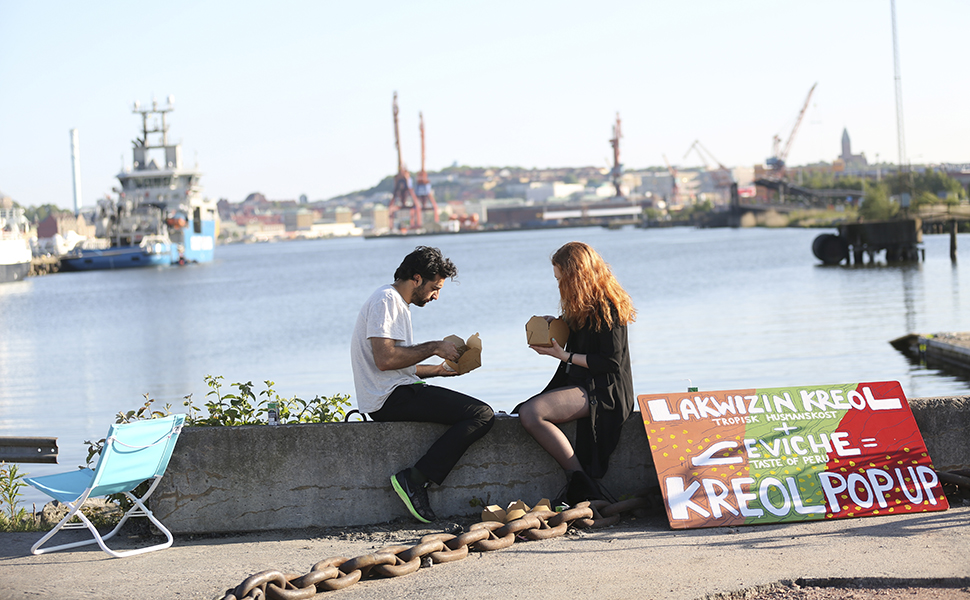
Formative evaluation of the implementation of the River City vision
This project is now part for Urban Futures.
As of January 1 2020 Mistra Urban Futures platform in Gothenburg became Centre for Sustainable Urban Futures. Read more about Urban Futures.
The vision will become reality! On 11 October 2012 the River City Gothenburg vision was adopted by the City Council. The vision states River City - open to the world. It is accompanied by three strategies; embrace the water, connect the city and reinforce the centre. Work is now underway to realize the vision, from words to action. The project will follow, document and support the realization of the River City vision.
The challenge
If cities are to be able to meet future challenges they likely have to be organized, managed and act differently than today. But how this is to be done is not as simple, both research literature and practice fall short. There is a gap between vision and implementation, or as it is sometimes called between "knowing and doing". The project will partially fill this gap by focusing on the implementation phase. Thus contributing to knowledge about how the implementation should be done in order to be more effective and contribute to changes in behaviour and execution.
Sara Brorström, researcher at the Gothenburg Research Institute at the University of Gothenburg, presents the work concerning the realisation of the vision of the River City at a workshop in Hammarkullen 4 February 2016 (5:30)
Aim of the project
The project is a collaboration between the City of Gothenburg and Mistra Urban Futures and aims to follow, document and support the realization of the River City vision. The embedded research is intended to be of use to the city’s stakeholders, researchers and practitioners both nationally and internationally. The intention is also that the embedded research will be the basis for other research activities where external funding is sought and where the studies are expected to contribute to the successful implementation of the River City Vision.
Main research question
The main research question is; how does the city organize internally and how does the city collaborate with other actors to realize the River City Vision?
The method and mode of collaboration
Embedded research implies that researcher’s document and report, ask questions and discuss what has been researched through a continuous dialogue. What differs from more traditional research methods is that it implies the possibility to influence processes while they happen.
Data collection will consist of different methods such as observations, interviews, shadowing techniques and document studies. The combinations of different data collection methods have earlier proved to be most suitable when studying complex processes.
Based on previous project
The decision to adopt the vision was preceded by a two-year process where several actors were involved and a large knowledge gathering was done. This process was followed by the Embedded Research of the River City Process project, which also was a collaboration between the City of Gothenburg and Mistra Urban Futures.
Read more
River City Vision
Project Embedded research of the River City process
News item: The River City vision will now be realized!
Photo: City of Gothenburg
